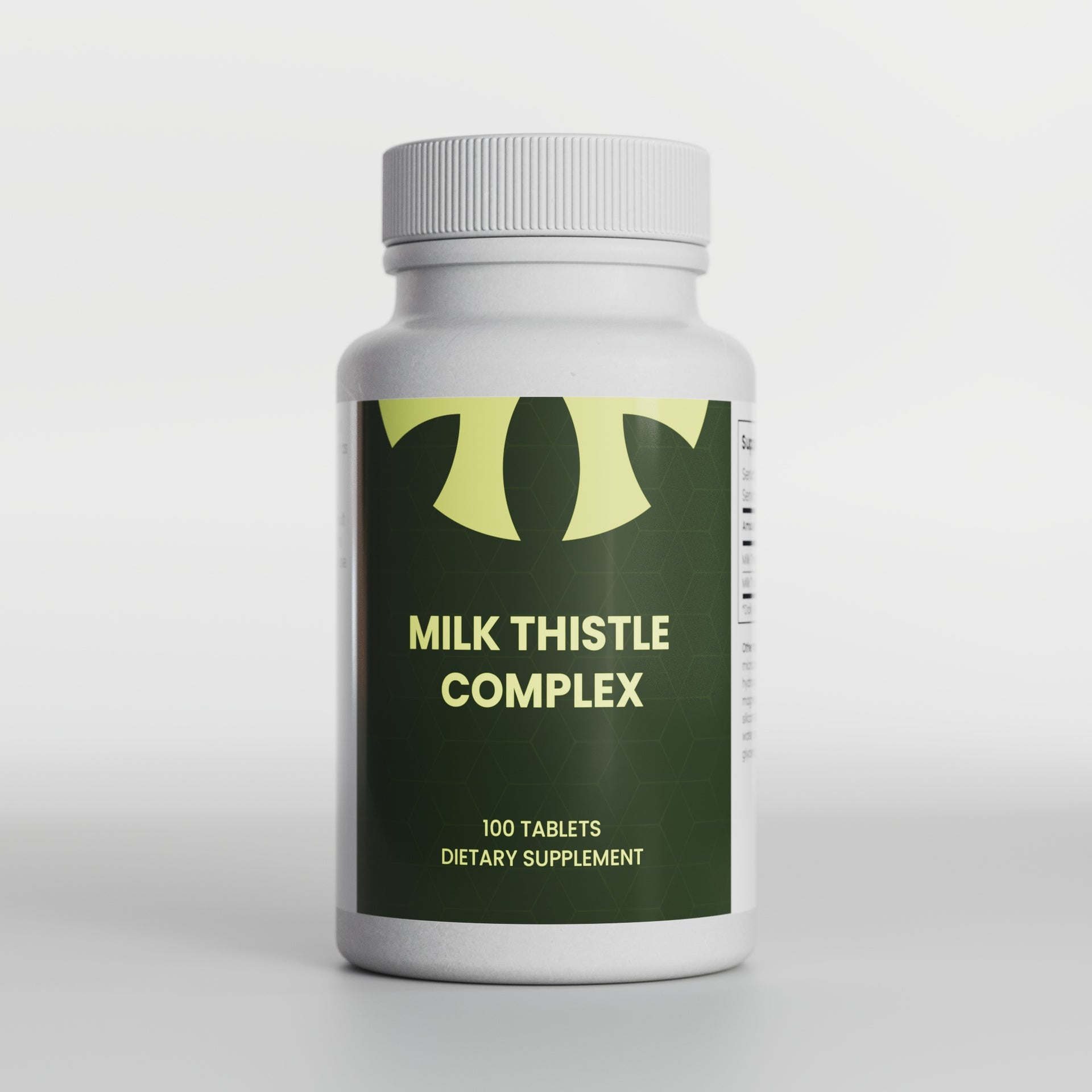Research Highlights:
Main Point 1: The DNA Genetic Cancer Risk Profile offers a comprehensive analysis of cancer risk factors through next-generation sequencing of 98 genes, providing valuable insights into hereditary cancer markers.
Main Point 2: Genetic testing has become more affordable, enabling broader access to cancer screening and personalized risk assessment.
\Main Point 3: The test covers a wide range of cancers, including breast, prostate, ovarian, colon, and more, allowing individuals to understand their unique predispositions.
Main Point 4: Genetic testing for Alzheimer's and cardiovascular risk is also available, providing insights into ApoE variants and their implications for health.
Scientifically Reviewed by: Dr. Gary Gonzalez, MD, in August 2023 Written by: Dr. Scott Fogle, ND, Physician
Introduction:
In the ever-evolving landscape of preventive healthcare, innovative genetic testing is leading the way, offering individuals unprecedented insights into their unique risk factors. Among the latest advancements, the DNA Genetic Cancer Risk Profile has emerged as a powerful tool, enabling a comprehensive analysis of cancer predisposition. This groundbreaking test leverages next-generation sequencing technology to examine 98 genes associated with 25 known hereditary cancer markers, opening new avenues for personalized risk assessment and targeted health strategies. In this article, we delve into the significance of this genetic testing revolution, its implications for cancer prevention, and its potential to transform healthcare.
What You Need to Know:
Point 1: Comprehensive Cancer Risk Assessment The DNA Genetic Cancer Risk Profile analyzes 98 genes, encompassing 25 hereditary cancer markers, offering a holistic view of cancer risk (Dr. Scott Fogle, ND). Individuals can gain insights into their predisposition to various cancers, including breast, ovarian, colon, prostate, and many others.
Point 2: Affordability and Accessibility Advancements in technology have significantly reduced the cost of genetic testing, making it more accessible for cancer screening and risk assessment (Dr. Scott Fogle, ND). Genetic testing empowers individuals to proactively manage their health, facilitating early interventions and tailored preventive measures.
Point 3: Diverse Cancer Screening The DNA Cancer Risk Test covers a wide spectrum of cancers, providing a comprehensive assessment of genetic risk factors (Dr. Scott Fogle, ND). Understanding genetic predispositions allows individuals to adjust their screening frequency and lifestyle choices to mitigate risks effectively.
Point 4: Alzheimer's and Cardiovascular Risk Genetic testing extends beyond cancer risk assessment, offering insights into ApoE variants and their implications for Alzheimer's and cardiovascular health (Dr. Scott Fogle, ND). Variations in the ApoE gene can influence susceptibility to Alzheimer's disease and cardiovascular conditions, emphasizing the importance of early detection.
Section 1: The Genetic Revolution in Cancer Risk Assessment
Comprehensive Cancer Genetic Testing: The DNA Genetic Cancer Risk Profile utilizes next-generation sequencing to analyze 98 genes associated with cancer risk, providing a detailed genetic portrait (Dr. Scott Fogle, ND). This comprehensive approach enables individuals to identify potential hereditary cancer markers and assess their susceptibility.
Subsection 1.1: Empowering Informed Decisions Genetic testing empowers individuals to make informed decisions about their health and lifestyle choices (Dr. Scott Fogle, ND). Understanding one's unique cancer risk factors enables the development of personalized preventive strategies.
Subsection 1.2: Targeted Screening and Prevention By knowing their genetic predispositions, individuals can tailor their cancer screening frequency and preventive measures (Dr. Scott Fogle, ND). This targeted approach optimizes healthcare resources and enhances early detection.
Section 2: Expanding Horizons: Beyond Cancer Risk
Alzheimer's and Cardiovascular Genetic Testing: The ApoE Genetic Test provides insights into ApoE variants, shedding light on Alzheimer's and cardiovascular risk (Dr. Scott Fogle, ND). Understanding ApoE variations helps individuals take proactive steps to mitigate risks and support brain and heart health.
Section 3: Advancements in Preventive Healthcare
Accessible and Affordable Testing: Advancements in genetic testing technology have made it more affordable and accessible to a wider population (Dr. Scott Fogle, ND). Individuals can now harness the power of genetic insights to take control of their health and well-being.
Summary:
The landscape of preventive healthcare is evolving, with genetic testing at its forefront. The DNA Genetic Cancer Risk Profile and ApoE Genetic Test offer individuals the opportunity to understand their unique risk factors for cancer, Alzheimer's, and cardiovascular conditions. Armed with this knowledge, individuals can proactively manage their health, make informed decisions, and implement personalized preventive strategies. The era of genetic testing has
arrived, promising to transform healthcare by shifting the focus from disease treatment to prevention.
References:
Nielsen FH, Hunt CD, Mullen LM, Hunt JR. Effect of dietary boron on mineral, estrogen, and testosterone metabolism in postmenopausal women. FASEB J. 1987;1(5):394-7.
Samman S, Naghii MR, Lyons Wall PM, Verus AP. The nutritional and metabolic effects of boron in humans and animals. Biol Trace Elem Res. 1998;66(1-3):227-35.
Naghii MR, Mofid M, Asgari AR, Hedayati M, Daneshpour MS. Comparative effects of daily and weekly boron supplementation on plasma steroid hormones and proinflammatory cytokines. J Trace Elem Med Biol. 2011;25(1):54-8.
Naghii MR, Samman S. The effect of boron supplementation on its urinary excretion and selected cardiovascular risk factors in healthy male subjects. Biol Trace Elem Res. 1997;56(3):273-86.










